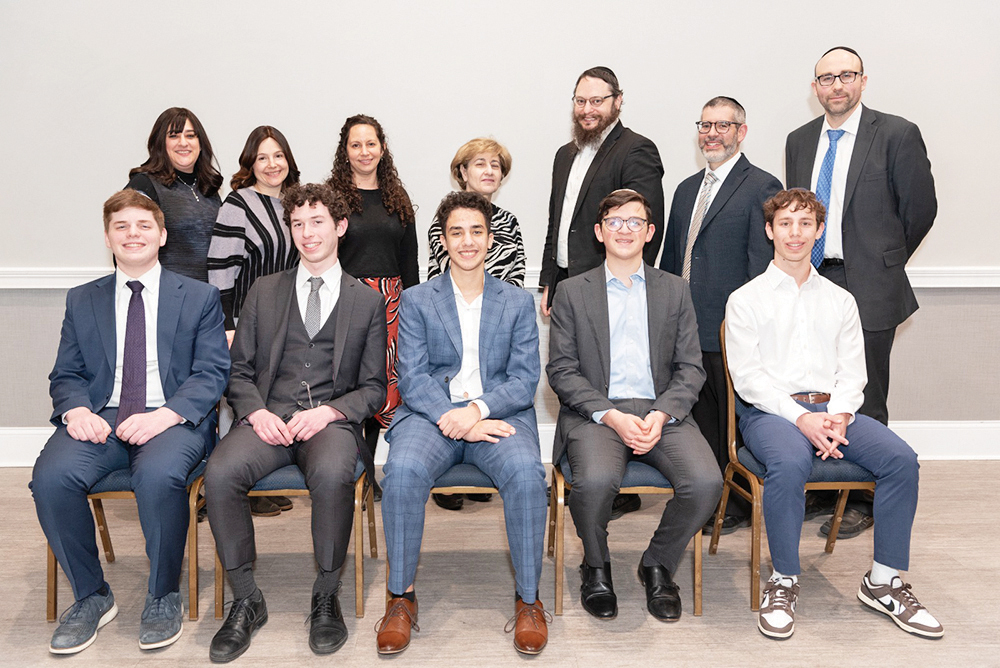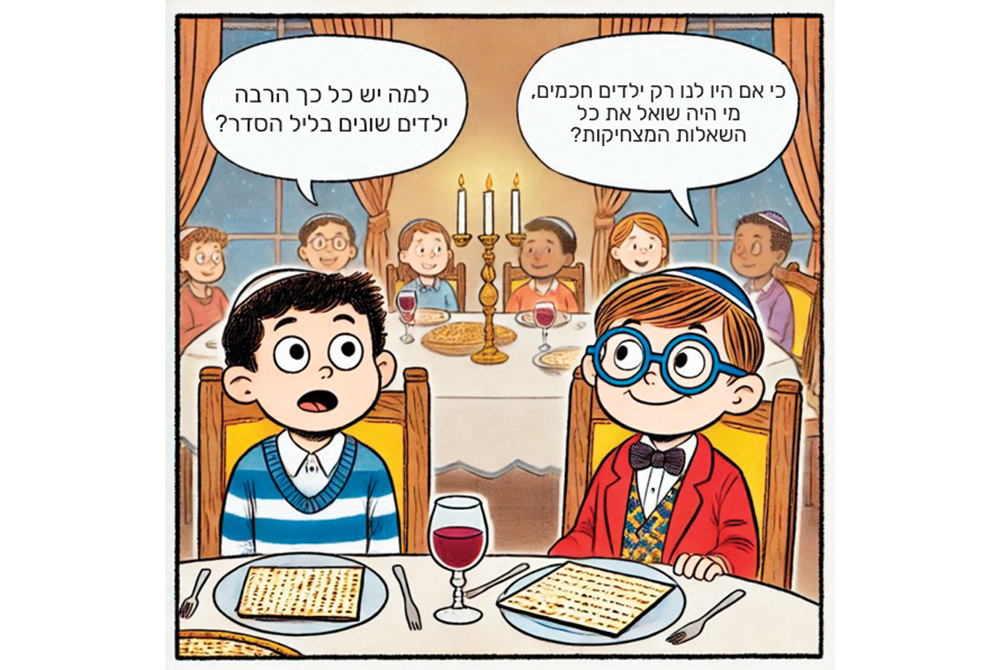Bikur cholim, or visiting the sick, is considered a significant mitzvah in Judaism. There are numerous sources throughout the Talmud that emphasize the importance and benefits of this practice. In our morning prayers we are reminded of the importance of visiting the sick. Rabbi Yochanan said: “There are six things that are beneficial both in this world and in the World to Come, and one of them is visiting the sick” (Sotah 14a.) The Talmud elsewhere expounds: “Rabbi Yosi bar Chanina says: ‘Anyone who visits the sick is considered as if he has brought him back to life from the dead’” (Shabbos 127a.) These and many related Talmudic sources highlight the belief that visiting the sick has both spiritual and practical benefits, including promoting healing and providing comfort to the person who is unwell. It is seen as an act of kindness and compassion, and it is considered a meritorious deed in Jewish tradition.
When we think about visiting the sick we may typically associate the idea with visiting the elderly in a nursing home. We think about the hospitality services that are increasingly being offered at local hospitals. Perhaps we think about providing hot soup and a filling meal to someone who is recovering at home. While these may be somber associations with the concept of bikur cholim there are other creative and uplifting ways that may be utilized for different populations as well.
This past Sunday, the Chai Riders Motorcycle Club of New York paid a visit to Camp Simcha in the Catskills. Camp Simcha is a medically supervised overnight camp for children and teens living with cancer or other blood disorders. These children are typically in remission and benefit from getting away for a few weeks from their life filled with medical and chemotherapy appointments.
Camp Simcha is very different from other camps. Every building and facility is handicapped accessible to assure that every child can participate. They play adaptive sports and their other activities foster inclusion. Camp Simcha’s medical team, which consists of pediatric oncologists, nurses, therapists, EMTs and a pharmacist, carefully guards these children’s health and safety.
Perhaps most critical is that the children are in an environment where they are no longer “that kid with cancer.” By normalizing illness, the camp gives children the chance to be kids again, to enjoy themselves, to make friends, to forget about illness or to talk about it with the only people who will truly understand them.
Camp Simcha is totally free. Even its well-stocked canteen is free. The camp even pays for transportation from the family’s home city. There are children who attend from all over America and Israel. Camp Simcha is a project of Chai Lifeline, dedicated to helping families of seriously ill children cope with the crises and challenges of pediatric illness.
Last Sunday, the children at the camp were only told that there was a “special activity” planned for them. They were surprised and excited when 16 motorcyclists entered the gates and proceeded to line up to give them rides around the campus. They had probably never seen such a group of Jewish motorcyclists, some with peyot and beards, riding a collection of Harleys, Goldwings and Triumph bikes before. The children donned their helmets, lined up and went for exhilarating rides on the grounds. To see the smiles on their faces made it all worthwhile.
When we think of motorcycle riders, the stereotypical image is that of a rough-looking, tattooed gang member riding on a Harley Davidson. However, first appearances can be deceiving. A motorcycle in the hands of the right person can also be used to advance Torah ideals, mitzvot and Jewish pride.
The Chai Riders Motorcycle Club is one of about 36 Jewish motorcycle clubs throughout the USA, Canada, Australia and Israel that are under the umbrella of the Jewish Motorcyclists Alliance (JMA). The individuals who belong to these clubs all share the passion to ride motorcycles and the bond of their faith. They are composed of Jewish professionals, businessmen and individuals from all walks of life.
Bringing joy and excitement to these otherwise chronically ill children is an exciting way to practice the mitzvah of bikur cholim. For a brief while, they can be normal again, without the burdens and responsibilities of being a patient.
May Hashem bless us so that we can take our unique talents and interests and turn them into positive ways to promote Jewish values and traditions, such as performing the mitzvah of bikur cholim. Each of us can do so in our own unique way, even while riding on a motorcycle.
Rabbi Dr. Avi Kuperberg is a forensic clinical psychologist and a member of the American Psychology-Law Society. He is the coordinator of bikur cholim/chesed at Congregation Torah Ohr in Boca Raton, Florida. He can be reached at Psychologist@Juno.Com.










